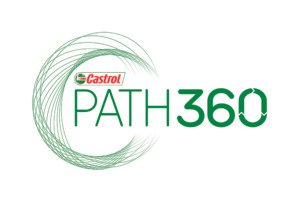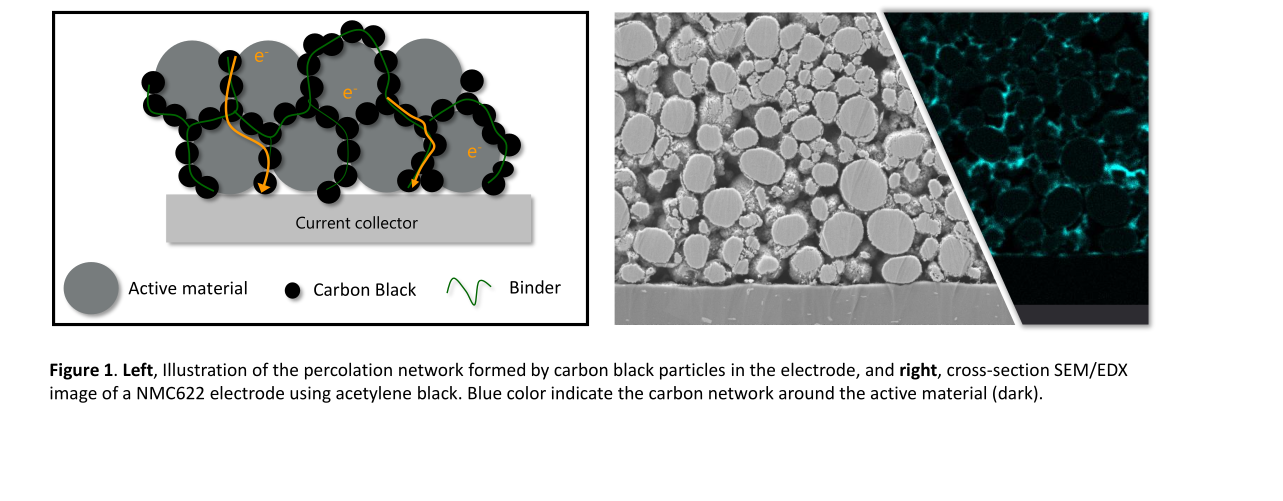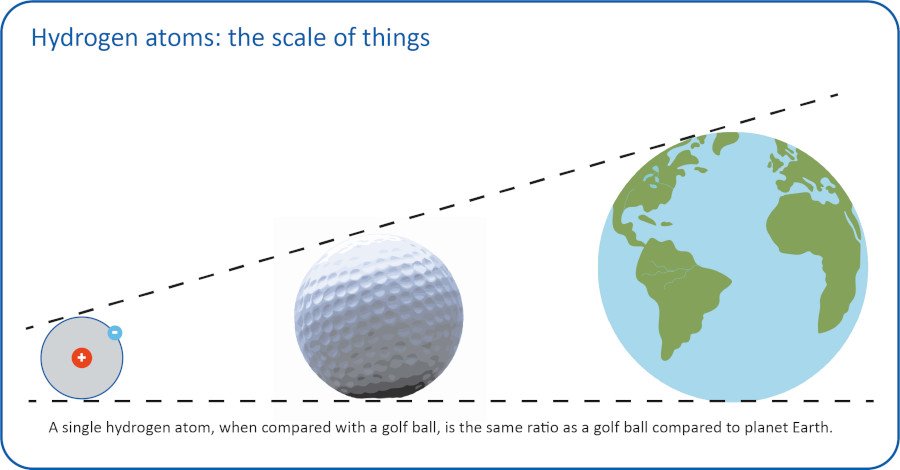Castrol launches its PATH360 strategy, which aims to help deliver a more sustainable future:
- The strategy sets out aims for 2030 to save waste, reduce carbon and improve lives;
- Castrol is committed to significantly increase its carbon neutral customer offers;
- It will continue to work to help commercial customers save energy, waste and water.
- Castrol’s PATH360 contributes towards BP’s recently launched Sustainability Frame.
To achieve the Paris climate goals, the world will need improvements in end use energy efficiency. In one estimate these improvements can provide almost 40% of greenhouse gas (GHG) emissions reductions required[i]. Today, around a quarter of the world’s energy is lost to friction, corrosion and wear.[ii]
Ever since Castrol was born, it has been dedicated to delivering products that help save energy by fighting friction, reducing corrosion and minimising wear; delivering high-performance with increased efficiency.
 Castrol’s new PATH360 strategy:
Castrol’s new PATH360 strategy:
- Embraces circular thinking – looking at the life-cycle of Castrol’s existing and new products, to see how they can be improved, extended, reused or recycled.
- Supports new and growing sectors, like renewable energy and e-mobility with products and services.
Castrol PATH360’s three focus areas and 2030 aims are:
- Saving waste – continuing to help customers save energy, waste and commercial customers’ water as well as halving Castrol’s plastic footprint[iii].
- Reducing carbon – Castrol aims to halve the net carbon intensity per litre of its products[iv].
- Working to improve people’s lives around the world, including through carbon neutral programmes and other activities [v].
In 2014, Castrol became the first brand in the world to offer a certified carbon neutral lubricant, Castrol PROFESSIONAL, in accordance with PAS2060[vii]. Ever since, Castrol has continued to expand its carbon neutral offer across cars, commercial vehicles and wind turbines.
Castrol’s senior vice president, Mandhir Singh, said: “Our approach is 360-degree, holistic, whole-system thinking. We’re not starting from scratch with PATH360, it builds upon work we’ve been doing for years, pulling it all together into one integrated sustainability programme. We know that many of our customers are looking for more sustainable offers and help with their sustainability goals, and this is what this programme is designed to deliver.”
More information: www.castrol.com/info/castrolpath360
Footnotes:
[i] Energy Technologies Perspectives 2020 IEA page 73
[ii] https://link.springer.com/article/10.1007/s40544-017-0183-5
[iii] To promote the responsible design and management of plastic packaging along its life-cycle, Castrol defines its plastic footprint as the amount of virgin plastic included in our packaging per litre that isn’t recycled. Our aim to halve it is from our 2019 baseline. See www.castrol.com/info/castrolpath360 for more information.
[iv] Vs. Castrol’s net carbon intensity of our products sold in 2019. See www.castrol.com/info/castrolpath360 for more information.
[v] Through Castrol’s carbon neutral programme see www.castrol.com/info/castrolpath360 for more information.
[vi] Greenhouse Gas Protocol | (ghgprotocol.org)
[vii] For a product to be considered carbon neutral, its cradle to grave greenhouse gas emissions must be quantified and compensated for through a combination of emissions reduction activities and carbon offsets.
Castrol’s carbon neutral products follow a robust process where external independent third parties are used to measure the cradle-to-grave emissions using the Greenhouse Gas (GHG) Protocol and assure as certified carbon neutral in accordance with the PAS 2060 specification.
In 2014, Castrol launched the world’s first carbon neutral engine oil, Castrol PROFESSIONAL, and since then has offset 3.3million tonnes of CO2e (carbon dioxide equivalent emissions), through this and other products and services.
In 2021, Castrol expects to offset 1.7million tonnes of CO2e through high quality bp Target Neutral programmes.
[viii] Castrol is committed to making all products sold in its lead brands certified carbon neutral in 2021. The CO2 emissions are calculated in accordance with the Greenhouse Gas Protocol’s Product Life-Cycle Standard and includes life-cycle emission. The demonstration of carbon neutrality will be assured by an Independent Third-Party and certified to BSI’s PAS 2060 carbon neutral specification. For a list of lead brands and further information see www.castrol.com/cneutral
[ix] Castrol is committed to making all products sold by Castrol in Vietnam, Australia and New Zealand certified carbon neutral in 2021. The CO2 emissions are calculated in accordance with the Greenhouse Gas Protocol’s Product Life-Cycle Standard and includes life-cycle emissions. The demonstration of carbon neutrality will be assured by an Independent Third-Party and certified to BSI’s PAS 2060 carbon neutral specification. See www.castrol.com/cneutral for more information.
[x] In accordance with PAS 2060, the calendar year 2021 is Castrol’s commitment phase for carbon neutrality. The declaration for this period will change from commitment to achievement when this annual process is repeated in 2022 and evidence of a carbon reduction is verified and assured. This means that PAS 2060 requirements relating to all products sold from 01 January 2021 will be met when the verification and assurance is completed.
[xi] Through Castrol’s carbon neutral programme, see www.castrol.com/info/castrolpath360 for more information.
Castrol continues to review its sustainability strategy and plans to evolve it over time as circumstances change.
References to ‘carbon’ refer to CO2e (carbon dioxide equivalent).
About Castrol
Castrol, one of the world’s leading lubricant brands, has a proud heritage of innovation and fuelling the dreams of pioneers. Our passion for performance, combined with a philosophy of working in partnership, has enabled Castrol to develop lubricants and greases that have been at the heart of numerous technological feats on land, air, sea and space for over 100 years.
Today, we are driving sustainability and the transition to lower carbon to shape the next 100 years.
Castrol is part of the BP group and serves customers and consumers in the automotive, marine, industrial and energy sectors. Our branded products are recognized globally for innovation and high performance through our commitment to premium quality and cutting-edge technology.
To find out more about Castrol please visit www.castrol.com






